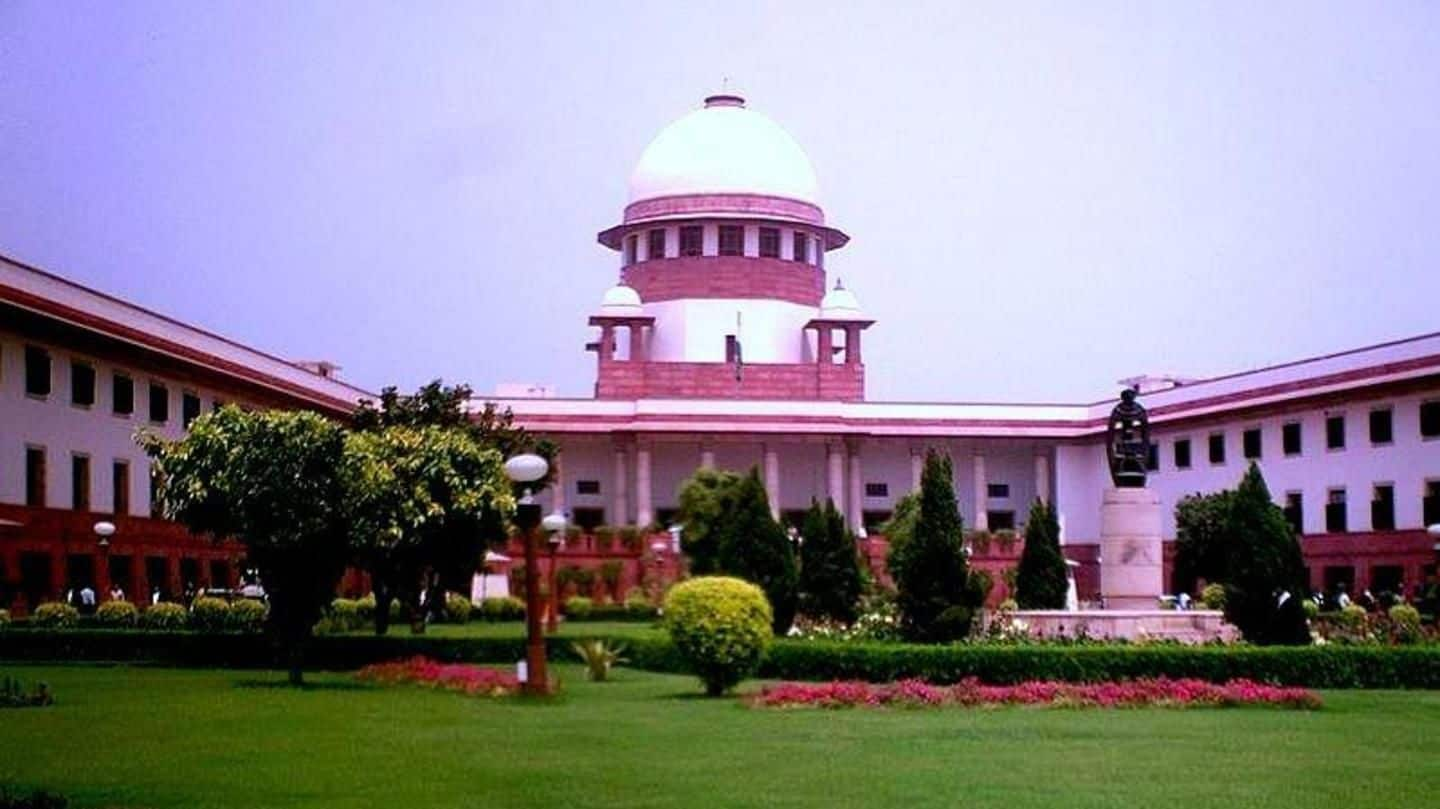
Supreme Court won't interfere with journalist Upendra Rai's arrest
What's the story
On Friday, the Supreme Court said that it would not interfere with the arrest of journalist Upendra Rai by the CBI over his alleged involvement in dubious financial transactions.
A bench of Justices AK Sikri and Ashok Bhushan said that the Supreme Court hadn't gone through the application filed by Rai seeking protection.
Here's more on it.
Allegations
Why the CBI arrested Upendra Rai
On Thursday, the CBI arrested Delhi-based journalist Upendra Rai for his alleged involvement in dubious financial transactions and for getting an airport access pass from the Bureau of Civil Aviation Security by furnishing false information.
Further, the CBI alleged that, in 2017, Rai's account had received Rs. 79cr, and subsequently debited Rs. 78.51cr during the same period.
Information
Other parties named in the CBI FIR
In the FIR, besides Rai, the CBI named the chief security officer of airline company Air One Aviation, and unknown officials of the Bureau of Civil Aviation Security (BCAS).
Airport pass
Rai had fraudulently applied for an all-India airport pass
The CBI further alleged that in January 2017, Rai had applied for an Aerodrome Entry Pass (AEP) by falsely showing himself to be the Director (Quality Control) of Air One Aviation when he was only a consultant.
Subsequently, a 90-day AEP was issued to Rai allowing access to the Delhi airport. It was eventually upgraded to a permanent pass covering all Indian airports.
Framed?
Was Upendra Rai framed by a senior ED official?
Rai claimed that he had been framed in the case as he was investigating and writing against senior Enforcement Directorate (ED) official, Rajeshwar Singh.
Singh is the lead investigator in the infamous Aircel-Maxis case of the 2G spectrum allocation scam.
Rai had also filed an intervention application in the Supreme Court against Singh, levelling charges of corruption against him.
Legal battle
Singh had filed multiple petitions against Rai in Supreme Court
On the other hand, Singh has twice filed petitions against Rai in the Supreme Court alleging interference in investigations conducted by him.
The first one was filed in 2011.
In response to Singh's petitions, the Supreme Court has granted him protection from interference, and the petitions are still pending in the court.
When contacted, Singh refused to comment, saying everything was public record.